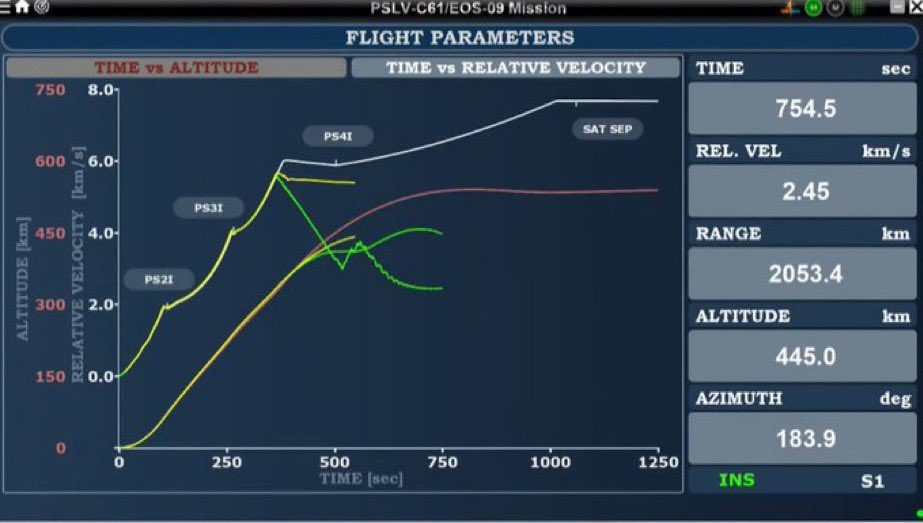On 22 July the UK government science and innovation, and space, minister Lord Paul Drayson and guests* will give details about the new European Space Agency facilty in the UK and Hyperbola has heard that the British National Space Centre (BNSC) is to become the UK Space Agency but there is no new money despite this BNSC statement
So this space agency will be one only in name and instead of new money for UK civil space activities there is to be a reallocation of monies with the main beneficiary being the European Space Agency’s new Oxfordshire based-facility. What does that mean for the MoonLITE mission?
MoonLITE was the mission that emerged from the NASA BNSC agreement, which was an outcome of the new civil space strategy, “2008-2012 and beyond” that in February 2008 the UK government published
Flightglobal was given a figure of £220 million for the first year spend but no information was being given about anything beyond that year
Two reasons given were that the UK government was still going through its spending review for planning its budgets out to 2011 and the fact that the BNSC was in negotiations with ESA about its next spending round, from 2009 to 2011 – decided at a late 2008 member states meeting
But long after either of these two reasons ceased to be relevant no information was still forthcoming with numerous reviews regarding exploration and human spaceflight given as the new cause for the delay
On 22 July that silence should, ideally, end and what Hyperbola is hearing is that the outcome is not a good one. Despite hints being given before that space had done well out of the government spending review it is unlikely that it has
No new money and a reallocation, probably for this new UK based ESA facility, is just a reallocation. As two-thirds of UK civil space spend went to ESA anyway one wonders what difference anything that is announced on 22 July is really going to make?
Calling the BNSC a space agency might indicate a new arrangement for how the bureaucracy works but it is money that makes the satellites go round and no big bucks, no British Buck Rogers or even a robotic one
The 22 July announcement follows the British National Space Centre’s 15 July statement on its website (not sent out as a press release) purporting to show that UK civil space spend has increased by £29 million from £239 million for the 2007/2008 financial year (which for the UK government is 1 April to 31 March) to £268 million for the 2008/2009 year
This 2008/2009 number is at odds with the figure Flightglobal was given by the BNSC last year, the £220 million, and if you look closely at the 15 July figures what can be seen is that the “increase” is essentially entirely from the budgets of the Science and Technology Facilities Council (STFC) and what was known as the Department for Innovation, Universities and Skills (DIUS), which has been merged with other departments into what is called Department for Business, Innovation and Skills (BIS), which, amazingly enough, the STFC is a part of
The reality therefore is that the new combined department that is BIS is delivering all of the “increase” of £29 million because its DIUS and STFC have provided £32.57 million more, while some BNSC partners have decreased their spending
Hyperbola suspects that the net £29 million “increase” has actually come from elements of the merged government departments’ spending that had not been included in BNSC figures before because those departments (and their space related activities) had not been part of the BNSC “partnership”; unfortunately finding a document that lists the BNSC partners from a few years ago before all the departmental musical chairs has been impossible
There is also the odd feature in the BNSC figures that money from the Ministry of Defence is included but BNSC is really where the civil space spend is managed, or is that facilitated?
There is also the question of what is a space related activity? Most would think that a space agency or even government space partnership spends money on exploring space, developing technology to operate in orbit and beyond, and doing Earth observation science but the BNSC partners includes departments such as the Department for Environment Food and Rural Affairs, which from reading its website does not appear to do anything that is normally associated with typical space agency activities
This interesting funding situation reflects what Britons have come to know about the Labour government over the 12-years that it has been in power, that everything is done with an eye to public relations. But surely all governments do that, you may ask, well yes but perhaps not to the point where government data can no longer be relied upon
So much so that an organisation called Straight Statistics has now been set up to monitor government claims
Whatever is said on 22 July UK government action on space has already come under criticism with Virgin Galactic and the Conservative party lashing out over the lack of progress on space tourism regulation
*the 22 July event press release gives the names of the other speakers and it says that its contents are embargoed until 20 July but I was told about the date and nature of the press event days ago without any embargo being mentioned so I have no qualms about reporting here, again, that it is happening







